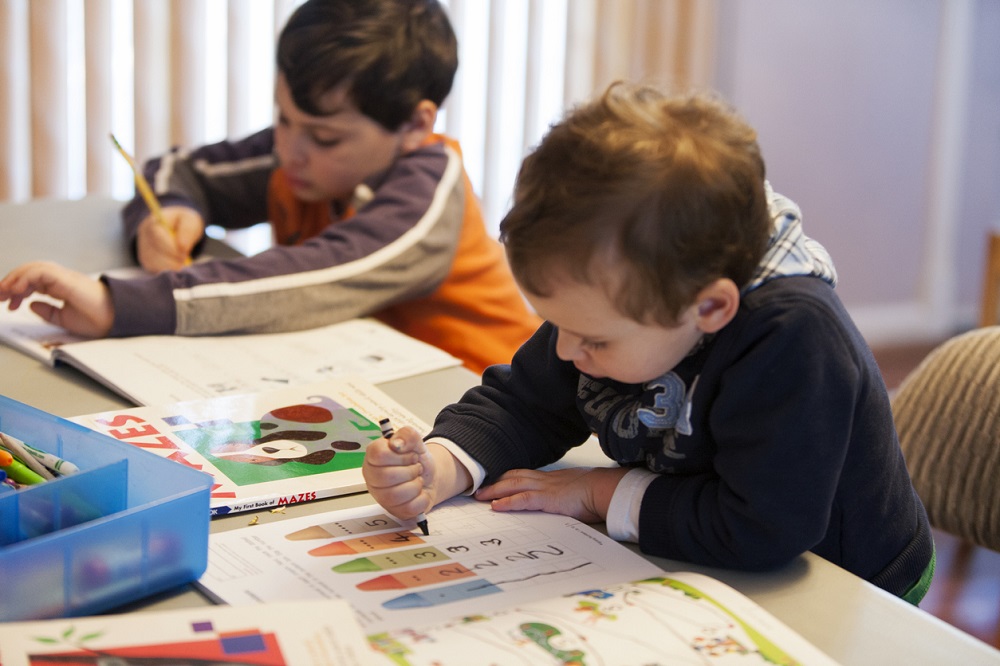
Speech Pathology Australia (SPA) is driving a campaign in Australia to shed light on a hidden condition that affects, on average, two children in every classroom.
Developmental Language Disorder (DLD) is a life-long condition that is characterized by difficulties in the ability to learn and use language. The term refers to persistent language difficulties that have a significant impact on a child's every day social interactions and/or educational progress.
“Raising awareness of DLD is crucial,” said Tim Kittel, National President of SPA.
The term DLD describes children who are likely to have a language problem that endures into middle childhood and beyond. Without diagnosis and specialist support this condition has a significant impact on their everyday social interactions and schooling.
“DLD tends to run in families,” Kittel said. “The cause for this condition is unknown, but there is likely a genetic component.”
He added that approximately seven in every 100 children are affected by DLD, impacting literacy, learning and emotional well-being.
DLD is now the accepted term for language difficulties where the language disorder has no other differentiating or influencing condition – the absence of autism, down syndrome, and fragile X, for example.
“DLD has in the past been referred to as ‘specific language impairment’, ‘language disorder’, ‘developmental language impairment’, ‘developmental language disorder’, or some other name, which has often caused confusion,” said Kittel.
“Following the introduction an internationally agreed term in 2017 and increasing awareness and recognition of DLD, it is aimed that children affected should be able to access the speech pathology support they need.”
Long-term impact
The complexity of DLD means that it can have a serious and long-term impact on development.
Research indicates that by age 16, around 40% of those with DLD have difficulties interacting with their peers, with half experiencing bullying during their childhood, compared to less than 25% of typically developing teenagers.
Research has also found that teenagers with DLD are more than twice as likely to report symptoms of depression, as compared to their peers.
Without diagnosis and specialist support, the impacts of DLD can last into adulthood, increase the risk of unemployment, and reduce the opportunity to be independent.
DLD often results in significant difficulties with reading, writing, and spelling. This means that sometimes students with an underlying DLD may be labelled with dyslexia, when the DLD has not been identified.
DLD often co-occurs with dyslexia and other reading disorders, and affects a child’s ability to learn at school because learning is largely mediated through language, reading, and writing.
Even where a child can read aloud accurately, there are often problems with understanding what has been read. These problems are frequently overlooked, and this failure to comprehend can be misinterpreted by teachers as naughtiness or inattention, as most teachers are not taught about DLD in their training.
Support from speech pathologists can make a real difference. Effective early intervention for children with DLD is shown to have significant lifelong benefit for the individual and the community. Speech pathologists can help these children to develop the skills and strategies needed to successfully participate in society.


